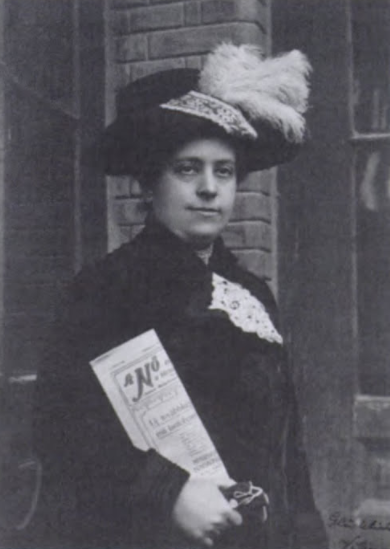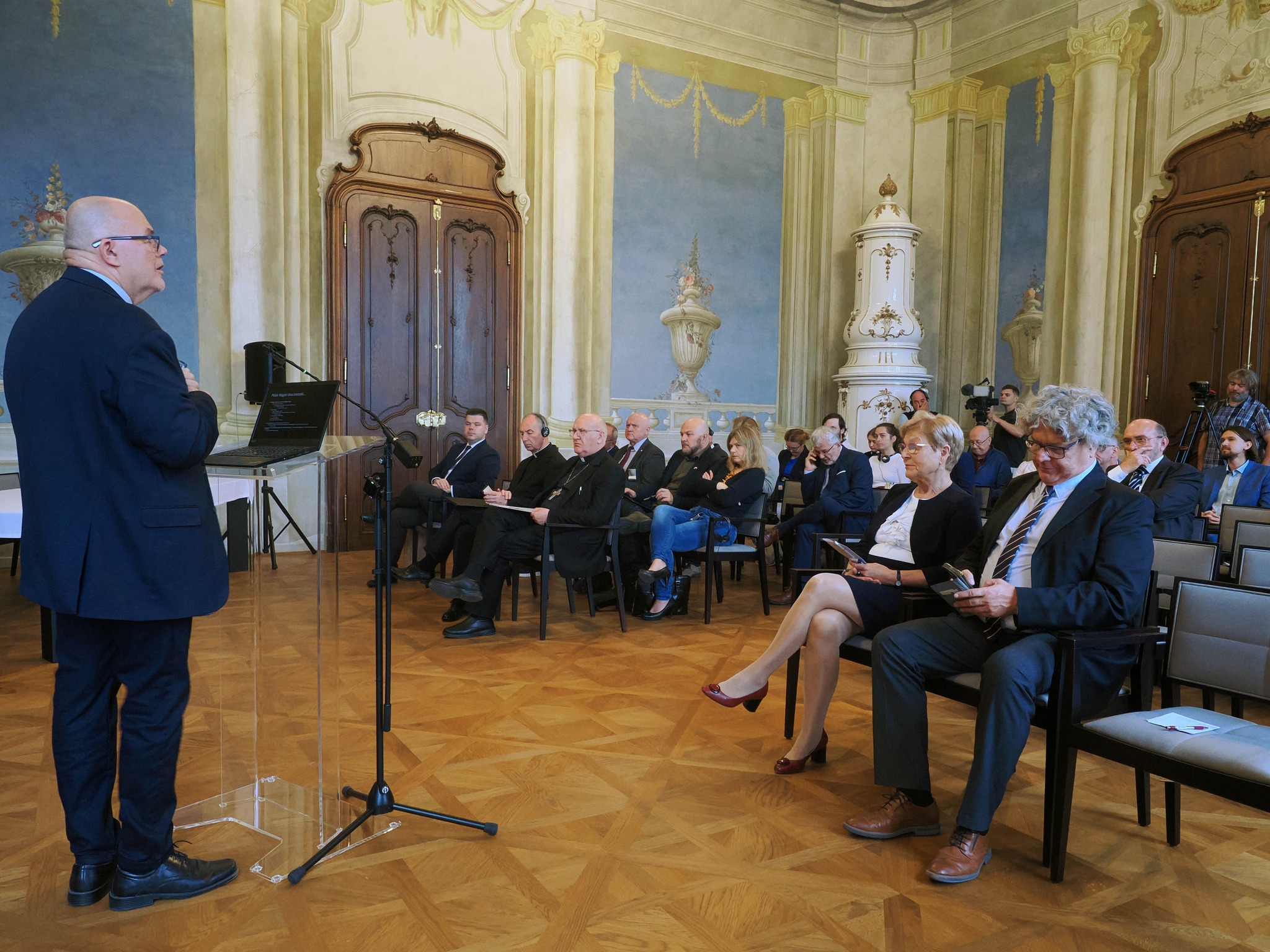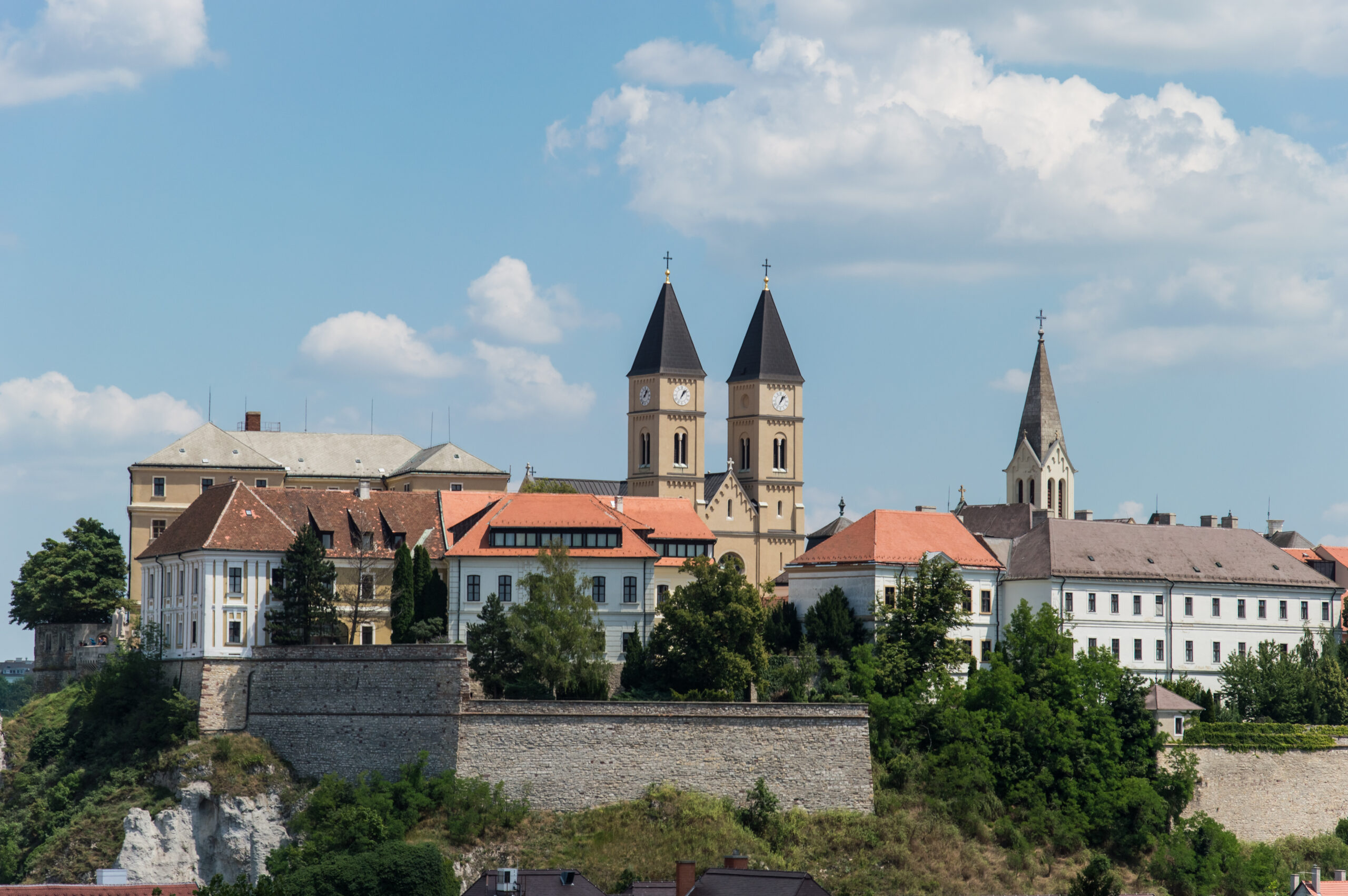Vilma Glücklich – A Leader in the Hungarian Women’s Rights Movement – Vágújhely (Nové Mesto nad Váhom)
Fact of the Hungarian figure „Terezia Brunszvik and the First Hungarian Kindergarten”
Part of the „The emancipation of women” topic
Vilma Glücklich (1872-1927) was born in Nové Mesto nad Váhom (Vágújhely) in 1872 became one of the most prominent leaders of the Hungarian women’s rights movement. After working as a teacher in Fiume, she enrolled at the University of Budapest in 1895, where she made history by becoming the first female graduate. She was a member of the Association of Women Officials, and in 1904, she was one of the founders of the Feminist Association. The Hungarian Feminist Association joined the International Woman Suffrage Alliance in 1905, and Vilma Glücklich was one of the main organizers of the International Women’s Suffrage Congress. The Congress took place in Budapest in 1913 and was a remarkable event in the feminist movement. After the First World War, she delivered speeches to the International League of Women for Peace in The Hague and Budapest, advocating not only for women’s rights but also for peace and child protection. Her impact on these movements was far-reaching, making her one of the most influential feminist voices in Hungary. She was also the editor of the pioneering feminist magazine Women and Society, alongside Rosika Bédy-Schwimmer. The magazine was part of the international feminist movement, and from this point on, women’s issues became visible in Hungarian political life.





